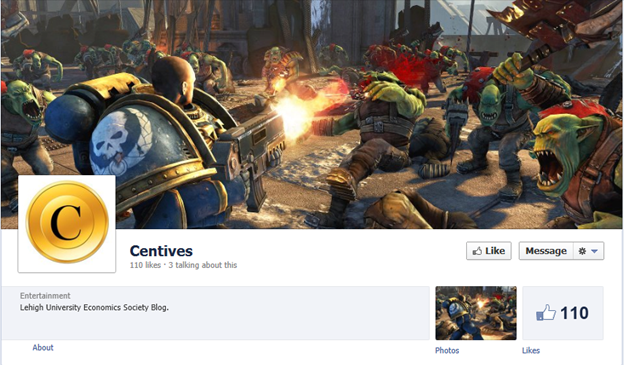The Tacocopter
April 10, 2012 in Daily Bulletin

Jason Gilbert reports on what Centives believes to be the greatest development in food technology since sliced bread. We present to you the Tacocopter:
- When you feel the itch for a taco you type in your order into your smartphone, and then send it across along with your GPS location. A kitchen makes the taco fresh, loads it onto an unmanned drone which then delivers the taco straight into your hands.
- Current FAA regulations regarding the use of unmanned drones for commercial purposes are preventing the business from starting up.
- Other potential problems include keeping the food warm, avoiding birds, ensuring that the tacocopters aren’t stolen, and that the food gets to the right person.
- In the future we might see entire restaurants where your food is delivered by unmanned drones rather than waiters.
To read more details about what is, let’s face it, an awesome and brilliant idea please do click here.
Source: Huffington Post
Via: Marginal Revolution





![Warhammer-40k-Space-Marine_Box-Art_360h[1]](http://www.Centives.net/S/wp-content/uploads/2012/04/Warhammer-40k-Space-Marine_Box-Art_360h1.jpg)



Join the Discussion! (No Signup Required)